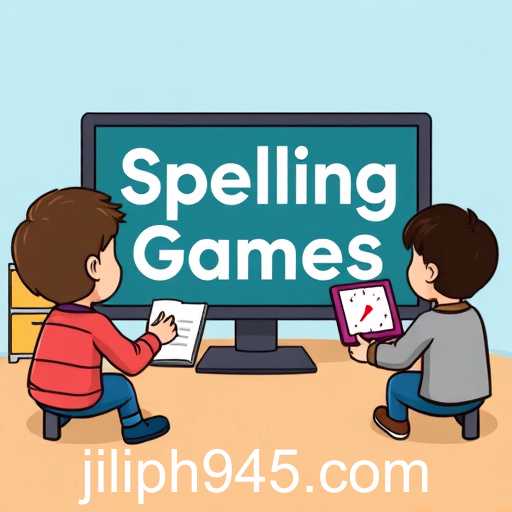An insightful exploration into the dynamic category of online spelling games, highlighting their educational benefits and the role of unique keywords such as 'ph945' in enhancing user accessibility and engagement.
In the digital age, learning has transcended the four walls of a traditional classroom, accentuated by the rise of educational games online. Among these educational categories, "Spelling Games" emerge as a favorite for both educators and learners. These online platforms serve not only as an educational aid but also as an interactive pastime for users of all ages seeking to improve their spelling skills. This digital shift has also seen the introduction of unique keywords such as "ph945," designed to help users directly navigate through the vast web of spelling games available.
Spelling games encompass a wide variety of engaging activities tailored to enhance the user's command of language. They range from classic hangman games to more intricate ones that involve constructing words from random letters within a time limit. The incorporation of vibrant visuals, dynamic sound effects, and rewarding systems keeps users motivated, while the use of keywords like "ph945" allows them to find specific types of games tailored to their skill levels or educational needs.
These games often incorporate a multi-sensory approach, requiring players to simultaneously see, hear, and touch (if using touch-screen devices), thereby reinforcing learning through multiple channels. As a result, they are beneficial for learners who engage better with interactive content and have diverse learning preferences.
Moreover, the versatility of spelling games makes them invaluable in curricular and extracurricular settings. Teachers can integrate them into lesson plans to add variety and excitement, while parents often use them as supplementary learning tools at home. Crucially, the specific keywords associated with these games, like "ph945," facilitate quick access to curated content, ensuring that time is spent learning rather than searching.
In sum, spelling games embody a fusion of education and entertainment where learning is gamified to inspire, challenge, and engage users. The creative use of keywords like "ph945" further enhances user accessibility and plays a crucial role in personalizing the educational journey.




